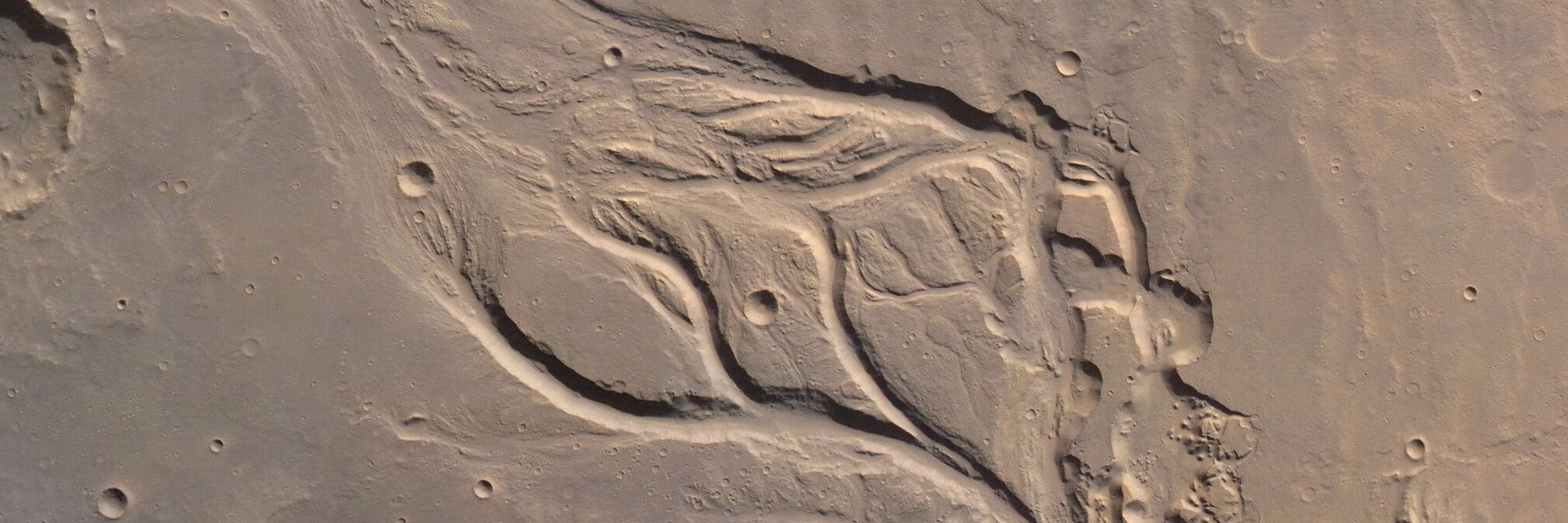
Robin Wordsworth
@rdword.bsky.social
Physicist/planetary scientist/astrobiologist based at Harvard. Soccer dad in training. Social media native since 2024.
If you could hear in the infrared, what would CO2 sound like? We calculated this recently for a Gen Ed course, and the result is a little eerie.
Results were generated by mapping IR frequency in inverse cm to sound frequency in Hz.
Results were generated by mapping IR frequency in inverse cm to sound frequency in Hz.
July 24, 2025 at 5:02 PM
If you could hear in the infrared, what would CO2 sound like? We calculated this recently for a Gen Ed course, and the result is a little eerie.
Results were generated by mapping IR frequency in inverse cm to sound frequency in Hz.
Results were generated by mapping IR frequency in inverse cm to sound frequency in Hz.
Sub-Neptunes shrink and oxidize as they cross the radius valley and become rocky planets, in a new paper led by Collin Cherubim
arxiv.org/pdf/2503.05055
#astronomy #science
arxiv.org/pdf/2503.05055
#astronomy #science
April 22, 2025 at 11:08 AM
Sub-Neptunes shrink and oxidize as they cross the radius valley and become rocky planets, in a new paper led by Collin Cherubim
arxiv.org/pdf/2503.05055
#astronomy #science
arxiv.org/pdf/2503.05055
#astronomy #science
Our new paper led by Jake Seeley on clouds and convection in H2-dominated atmospheres is out! Technical conclusion: Things get weird when nitrogen is no longer the background gas 🧪🔭
iopscience.iop.org/article/10.3...
arxiv.org/abs/2412.06648
iopscience.iop.org/article/10.3...
arxiv.org/abs/2412.06648
January 15, 2025 at 3:53 PM
Our new paper led by Jake Seeley on clouds and convection in H2-dominated atmospheres is out! Technical conclusion: Things get weird when nitrogen is no longer the background gas 🧪🔭
iopscience.iop.org/article/10.3...
arxiv.org/abs/2412.06648
iopscience.iop.org/article/10.3...
arxiv.org/abs/2412.06648

